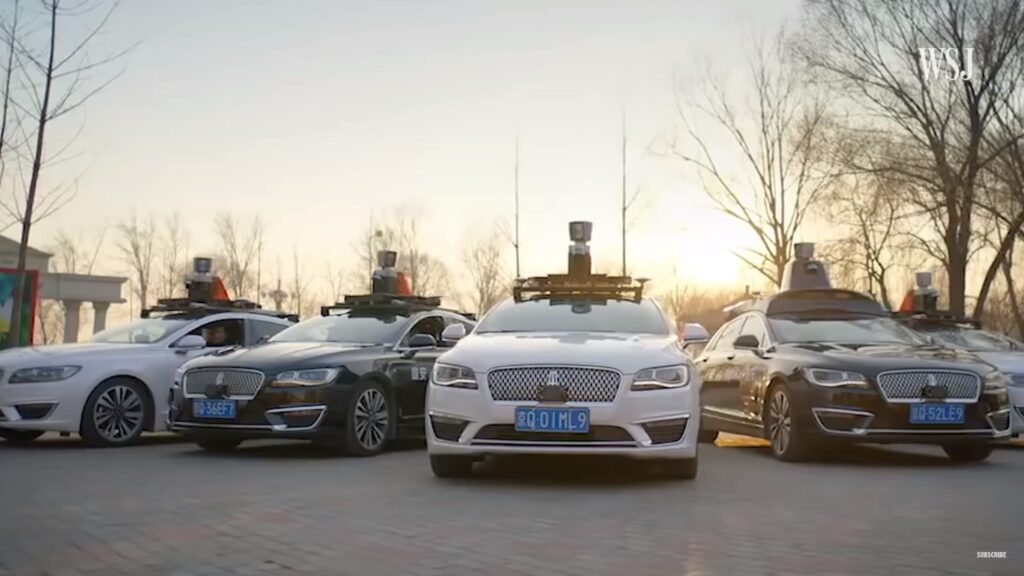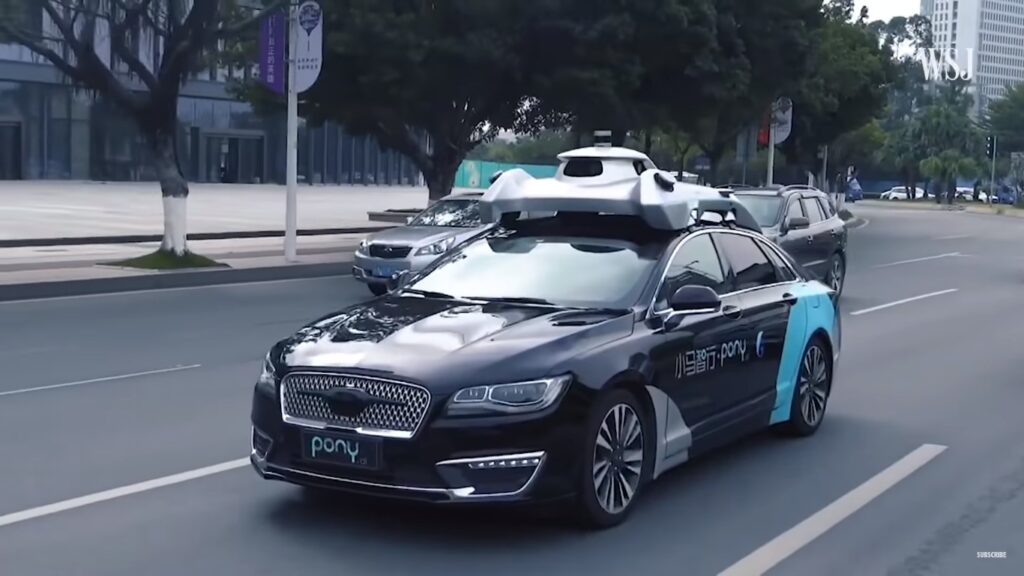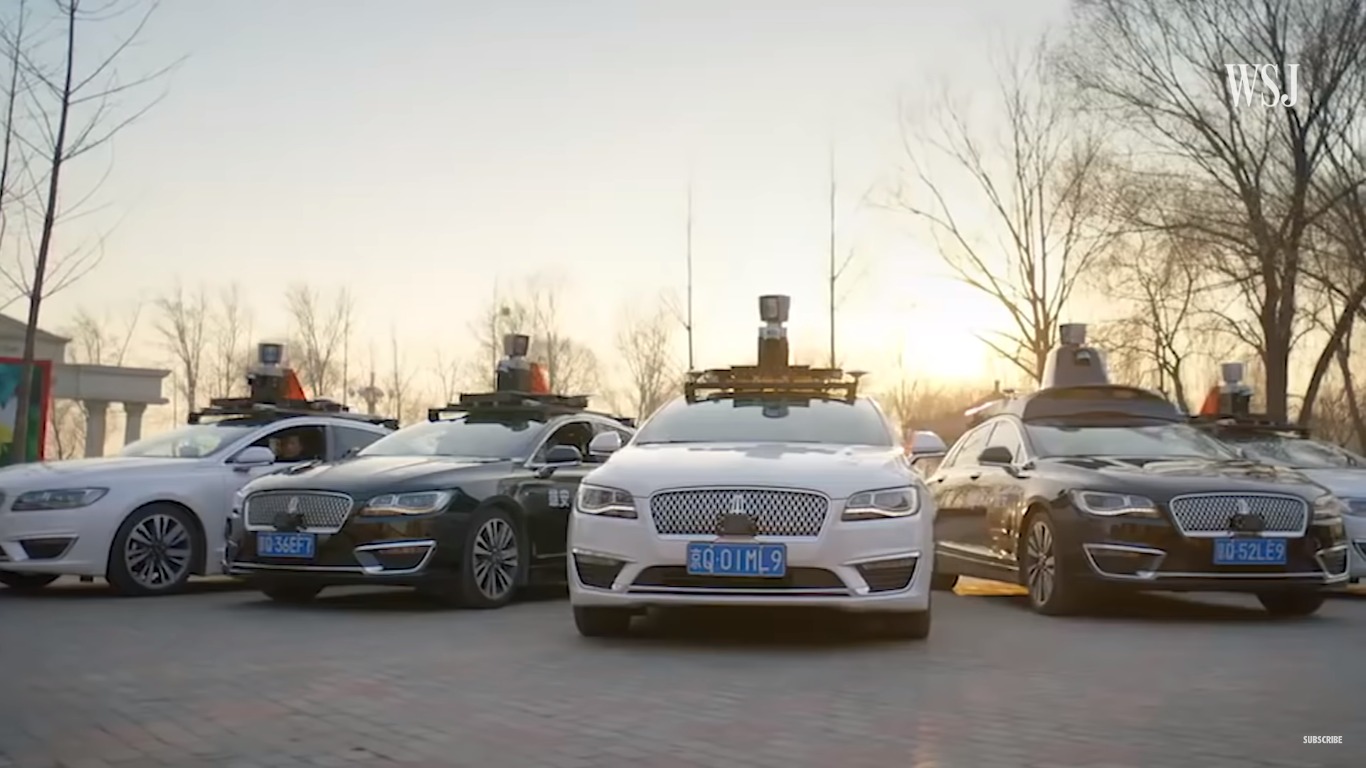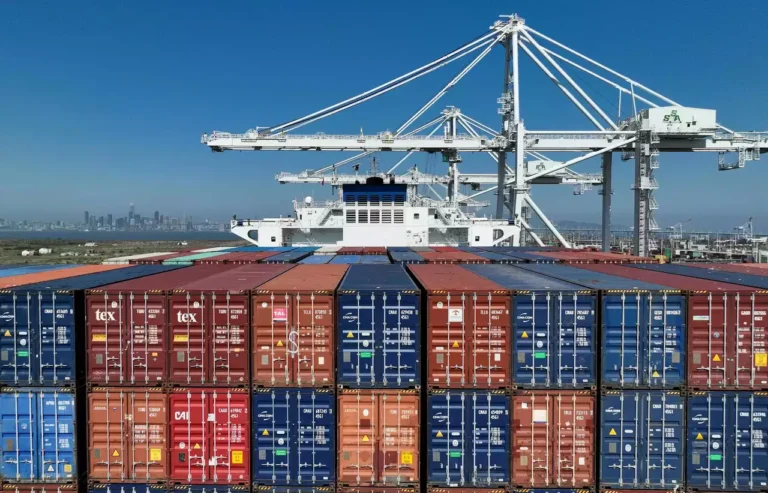Legislators and other U.S. officials are looking more closely at the automobiles.
The race to develop self-driving cars is one of the most exciting and rapidly evolving areas of technology today. While Silicon Valley has long been the epicenter of autonomous vehicle innovation. Chinese tech startups are making their presence felt on the global stage.



California, with its well-established tech ecosystem and favorable regulations, has become a testing ground for these companies, which are pushing the boundaries of self-driving technology. In this article, we explore how Chinese tech startups are making significant strides in the field of autonomous vehicles and the implications for the future of transportation.
The Rise of Chinese Tech Startups in Self-Driving Technology
China, with its massive consumer market and a government keen on fostering innovation. Has become a hotbed for tech startups focusing on autonomous driving. Companies like Baidu, Pony.ai, WeRide, and AutoX have emerged as frontrunners in the race to develop self-driving technology.
One of the key factors driving the success of these startups is their ability to combine cutting-edge artificial intelligence (AI) and machine learning with the vast amounts of data generated by China’s bustling cities. Chinese urban environments, with their unique traffic patterns and complex road conditions, provide a fertile testing ground for self-driving algorithms. These companies are leveraging this data to create robust and adaptable autonomous systems.

California: A Testing Ground for Chinese Self-Driving Cars
California has long been a hub for self-driving car testing due to its permissive regulations and proximity to Silicon Valley’s talent pool. Chinese tech startups have recognized the advantages of testing their autonomous vehicles in the state. Here are some of the key reasons why California has become a testing ground for Chinese self-driving cars:
Regulatory Environment: California’s Department of Motor Vehicles (DMV) has established comprehensive regulations for autonomous vehicle testing. Making it easier for companies to conduct experiments and refine their technology.
Access to Talent: Silicon Valley is home to some of the brightest minds in technology. Making it an attractive destination for startups looking to collaborate with experts in AI, machine learning, and robotics.
Diverse Road Conditions: California offers a diverse range of road conditions, from congested urban streets to winding mountain roads. Allowing self-driving car manufacturers to test their vehicles in a variety of environments.
Proximity to Partnerships: Being close to major tech companies and automotive manufacturers allows. Chinese startups to form valuable partnerships and collaborations, accelerating the development of self-driving technology.
Chinese Self-Driving Companies in California
Several Chinese tech startups have made significant headway in California’s self-driving scene:
Baidu: Often referred to as the “Google of China,” Baidu is a leading player in self-driving technology. Baidu’s Apollo platform has partnered with numerous companies in California to test and develop autonomous vehicles.
Pony.ai: This startup, founded by former Baidu engineers, is focused on creating level 4 autonomous driving technology. Pony.ai has deployed its self-driving taxis in California’s cities, providing real-world testing and gaining valuable insights into autonomous urban transportation.
WeRide: WeRide, based in Guangzhou, China, has expanded its operations to California and is conducting extensive testing of its autonomous vehicles. The company has secured significant funding and is working on developing a robotaxi service.
AutoX: AutoX is another promising Chinese startup that has ventured into California. They specialize in AI-driven autonomous driving technology and have deployed a fleet of robotaxis in select areas of California.
Challenges and Future Prospects
While Chinese tech startups have made impressive strides in the self-driving space, they face several challenges in their pursuit of fully autonomous vehicles. These include regulatory hurdles, safety concerns, and competition from established players like Waymo and Tesla. Moreover, the recent global chip shortage has impacted the production of autonomous vehicle components, affecting the timeline for commercialization.
Despite these challenges, the future looks promising for Chinese tech startups in the self-driving car industry. They continue to secure significant investments, expand their testing fleets, and collaborate with global partners. Their ability to harness the power of AI and big data, combined with a relentless pursuit of innovation, positions them as formidable contenders in the race toward a self-driving future.
Conclusion
Chinese tech startups are making waves in the autonomous vehicle industry, and California’s open regulatory environment has provided them with a valuable testing ground. As they continue to refine their technology and expand their presence in the Golden State, the global self-driving car landscape is poised for exciting developments.
Whether it’s through partnerships, technological advancements, or innovative business models, these startups are playing a crucial role in shaping the future of transportation. The world watches with anticipation as Chinese tech startups accelerate toward a future where self-driving cars become an integral part of our daily lives.

















+ There are no comments
Add yours